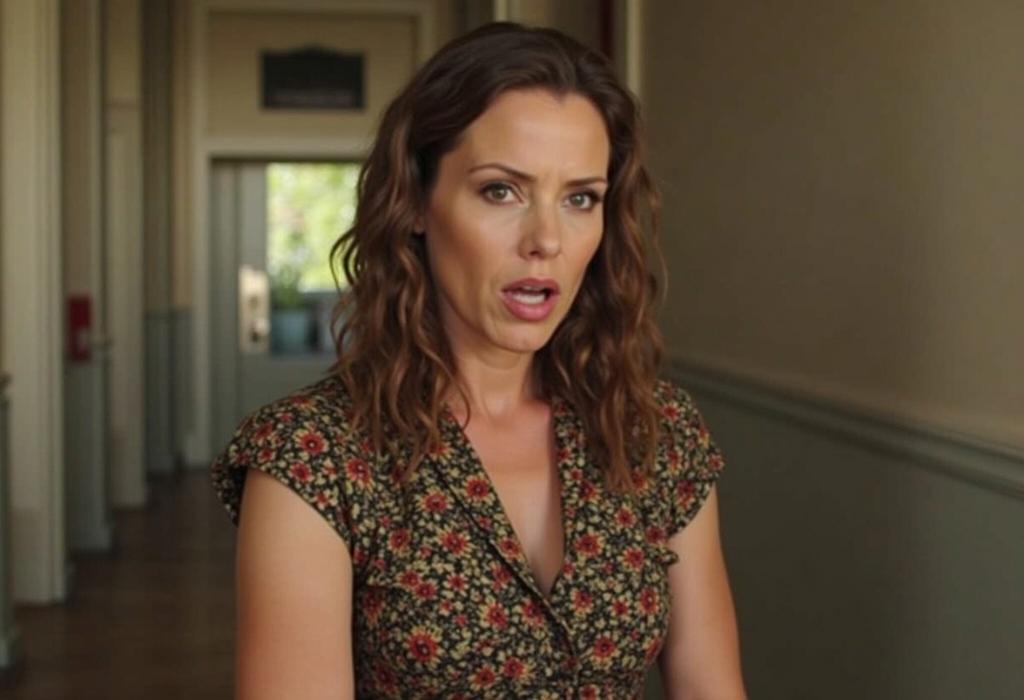Paul Feig's latest film, Another Simple Favor, serves as a fascinating reflection on the current state of comedies and the evolution of film distribution. After the success of the first film in 2018, which grossed nearly $100 million, Feig's sequel takes an unconventional route by skipping the theatrical release altogether, opting instead for a streaming debut on Prime Video. This decision has reignited debates about the viability of comedies in modern cinemas versus the more successful event films that are drawing audiences to theaters.
In covering this narrative, the article encapsulates Feig's intriguing perspective on sequels, audience expectations, and the impact of the pandemic on the film industry. While reflecting on two of his successful works, The Heat and Spy, Feig expressed uncertainty about their potential success if released in today’s climate, illustrating the complexity of audience engagement with sequels due to a history of disappointing follow-ups.
Moreover, much of the film's appeal derives from the chemistry between Anna Kendrick’s character and Blake Lively's femme fatale, further showcasing what the original film executed well. The article emphasizes Lively's standout performance, which is crucial to both films' allure. It also highlights the visual spectacle of the sequels, especially regarding the evolving fashion showcased by the characters, which serves as a comment on style trends and their role in storytelling.
However, the review isn't shy in acknowledging the film's shortcomings. For instance, the plot's convoluted nature and unnecessary subplots—such as incest—are pointed out, indicating a lack of clarity and cohesion in its storytelling. This blend of sharply written scenes juxtaposed against a cluttered plot reflects Feig’s struggle to balance various genres, as the film emerges as both a comedy and a thriller, leaving it feeling somewhat bifurcated.
As we step back and examine this dual genre approach, it seems symptomatic of a broader trend in Hollywood where films often juggle multiple tones in an effort to cater to diverse audience tastes. Regardless of its criticisms, the film's unique approach to storytelling, particularly in its tone and character dynamics, can contribute to ongoing conversations about the future of comedic narratives in cinema. Feig acknowledges a cultural shift that favors streaming platforms, pivoting the artist's focus during an era marked by instability in box office successes especially for comedic films.
In conclusion, Another Simple Favor captures both the essence of nostalgic cinematic experiences while also addressing contemporary challenges within the film industry. With audiences becoming increasingly discerning and the market for theatrical releases evolving rapidly, Feig's latest effort serves as both a reflection of past successes and an unpredictable foray into future possibilities for comedies.
AD
AD
AD
AD
Bias Analysis
Bias Score:
35/100
Neutral
Biased
This news has been analyzed from 25 different sources.
Bias Assessment: The article maintains a relatively balanced perspective, critiquing both the successes and shortcomings of the film without overly favoring any side. While there are subjective judgments regarding the plot's execution and the success of the actors, the focus largely remains on an analytical examination of the film's context within the industry, leading to a lower bias score overall.
Key Questions About This Article




